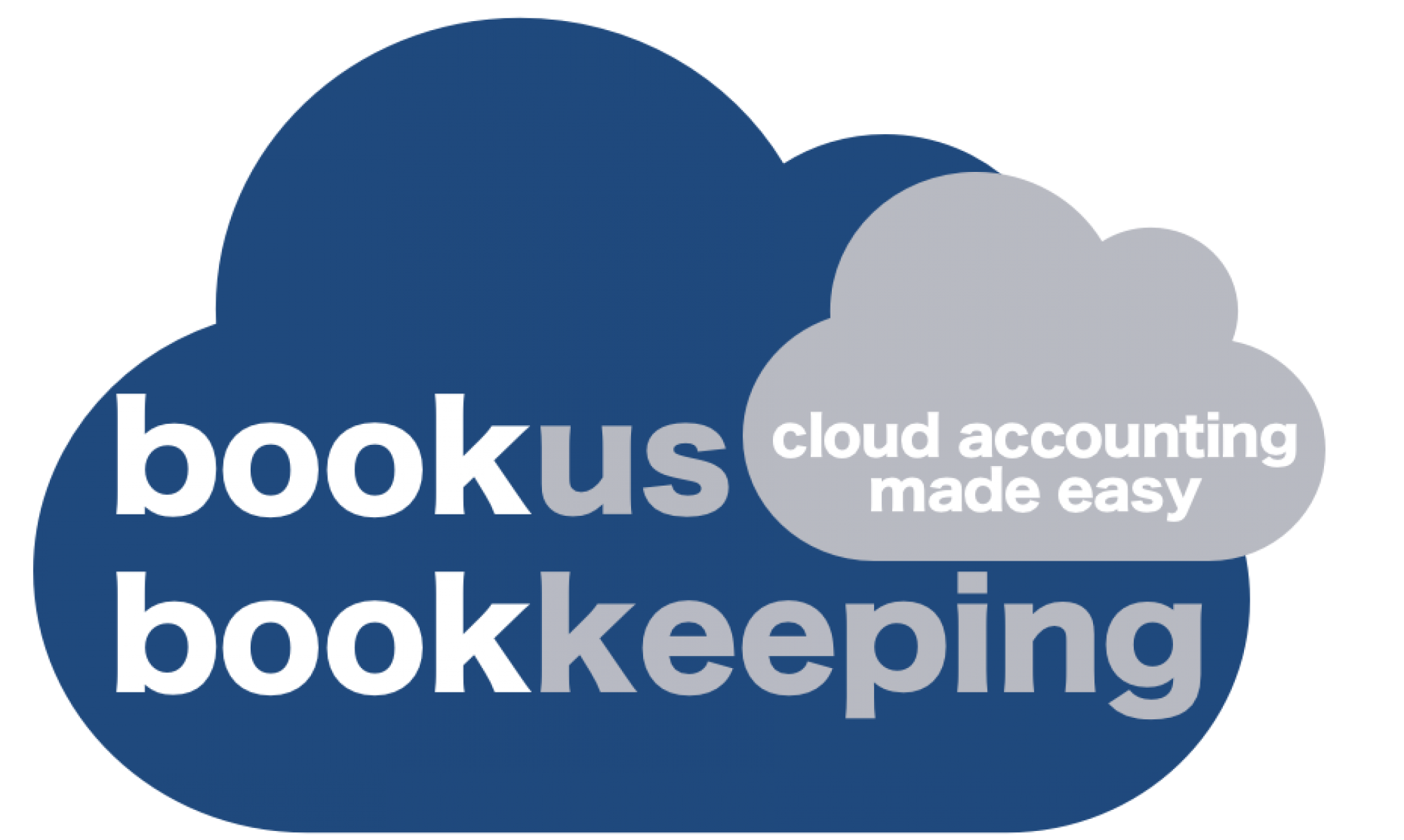Whilst the JobKeeper Stimulus Package has already ended for a lot of our clients, today marks the last day of the JobKeeper Stimulus Package. Due to the end of this package and many industries involved in tourism and travel still struggling, the government is introducing a new support package. Already the state government has released its ‘Dine & Discover’ Vouchers which are now eligible to be used at any time (previously they could only be used during the week), but now the Federal government will subsidise flights, allowing for discounts on domestic airfares.
The Support Package is due to subsidise 50 percent of 800,000 domestic flights to select tourist destinations across Australia. The discounts will be based on the average air fares and are subject to final discussions with airlines & will commence tomorrow, 1 April 2021. The destinations due to be included in the scheme include the Gold Coast, Cairns, The Whitsundays, Alice Springs, Broome, Kangaroo Island & Merimbula.
The aim of the scheme is to assist with getting Australians travelling again & supporting tourism operators, businesses, travel agents & airlines who are still doing it tough through COVID-19. Whilst international borders remain shut, the Federal government wants to get Australians travelling to support the tourism industry and give the industry a kick-start as the industry can’t rely on government support forever. The package, combined with the rollout of the vaccine is part of the National Economic Recovery Plan to help get back to normal trading.
The package also includes new international aviation support which is aimed at sustaining more than 8,000 jobs. They will also support airport screening costs & services assistance support programs to relieve the cost burden related to training the on-ground staff at Australian airports.
So if you have an opportunity, take the time to look into how you can help the tourism industry and see what opportunities you can take for a holiday. Also don’t forget the Jobmaker hiring scheme is still in effect, so if you take on an extra staff member who has been on a Centrelink payment you may be eligible. Also make sure you get your Dine & Discover Vouchers to use at local restaurants and tourist attractions.
